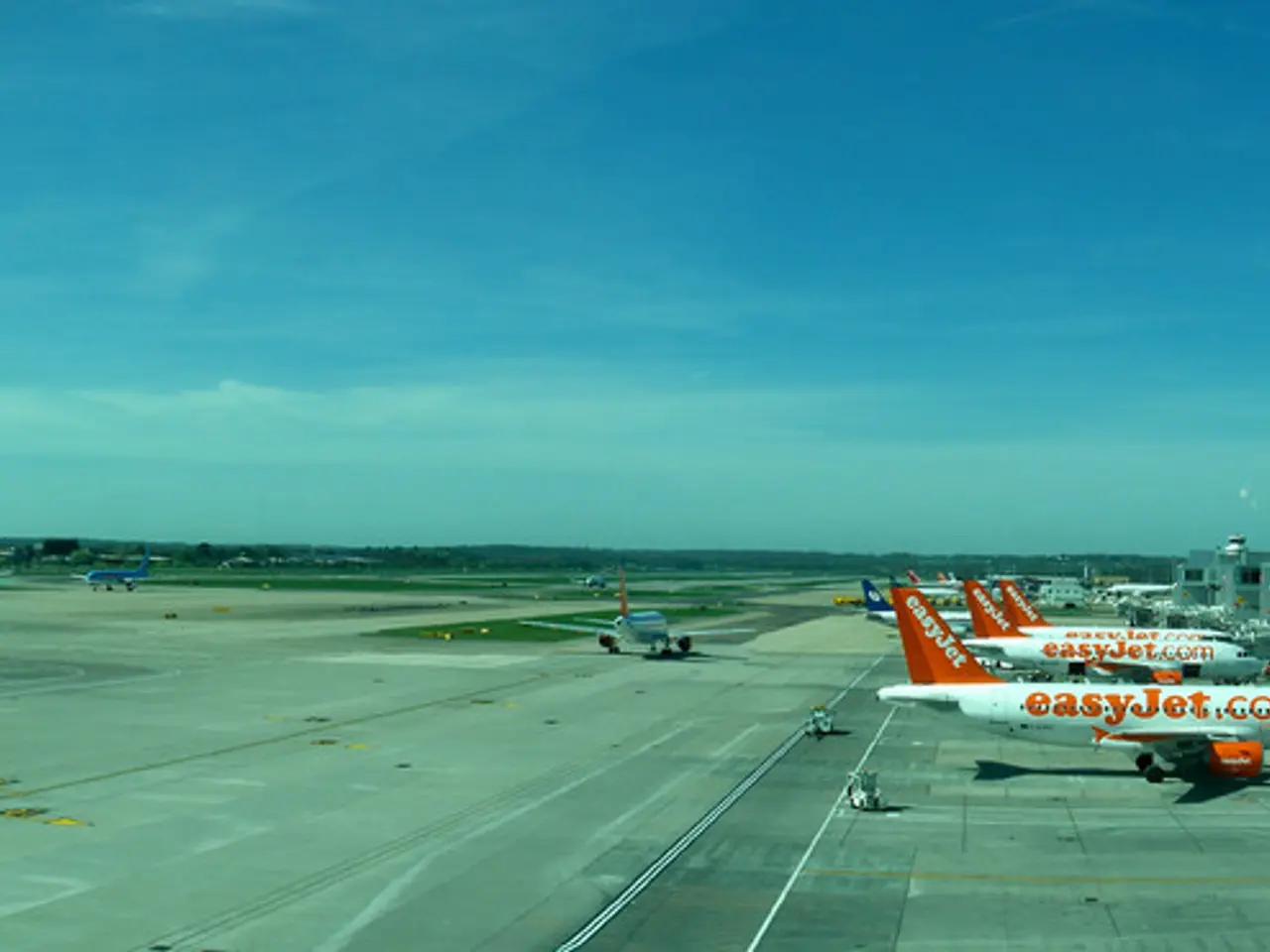Call for the Abolition of the Transportation Security Administration (TSA)
In the United States, the Transportation Security Administration (TSA) is responsible for airport security, a role it assumed following the 9/11 attacks to establish uniform security standards, leverage federal resources, and ensure consistent passenger screening procedures across more than 400 airports.
**The Case for Centralised Airport Security**
The TSA's centralised approach offers several advantages. By providing standardised security protocols and training for Transportation Security Officers, it ensures consistent security measures nationwide. As a federal agency, the TSA has access to national resources, intelligence, and funding that individual airports may lack, maintaining robust security without overburdening airports financially. The TSA's role allows rapid adaptation to evolving threats at a national level, implementing new policies and screening technology uniformly.
**The Case Against Centralised Airport Security**
However, critics argue that the TSA's centralised processes can lead to "security theatre," causing passenger inconvenience without proportionate security benefits. Some claim that local airport management could tailor security more efficiently and innovate faster without federal bureaucracy. The TSA's large-scale operations sometimes face criticism for long lines, inconsistent enforcement, or inadequate customer service.
One study, conducted by the Department of Homeland Security Inspector General, revealed that TSA screeners failed to detect weapons, drugs, and explosives almost 80% of the time. This concern has led some experts to label the TSA as "security theatre."
**The Debate Continues**
The question of whether airports should be responsible for their own security has sparked a lively debate. Proponents argue that competition among airports for security would lead to improved efficiency and better passenger experiences. They suggest that if airports were responsible for hiring their own security, they would be incentivized to hire the best people and make the system more efficient to attract more customers.
However, base standards would still need to be set by the government to ensure safety. This balance between efficiency and security is a complex issue that continues to be debated among policymakers, security experts, and the general public.
Haley Welsh, a student at a school in Westborough, MA, majoring in Economics and Spanish, questions the current system. "If airports were responsible for security, they would have a greater incentive to invest in better technology and hire better people," she says.
In March of 2024, Donald Trump was beating Joe Biden by 7 points, with a net 28 point swing in favour of Trump between October 2020 and March 2024. In October of 2020, Joe Biden was winning independent voters by 21 points. These political shifts could potentially influence the future of airport security policies.
Tucker Scott '26, a staff writer, explores this topic in his articles, questioning why the airports are not responsible for security and suggesting that this could lead to improved efficiency and better passenger experiences.
As the debate continues, it is clear that the issue of airport security is a complex one, with valid arguments on both sides. Whether it is the TSA or individual airports that should be responsible for security, ensuring the safety of passengers while minimising inconvenience remains a top priority.
[1] Transportation Security Administration (TSA). (n.d.). About TSA. Retrieved June 1, 2023, from https://www.tsa.gov/about-tsa [2] Transportation Security Administration (TSA). (n.d.). Families on the Fly. Retrieved June 1, 2023, from https://www.tsa.gov/travel/passenger-safety/families-fly [3] Department of Homeland Security (DHS). (n.d.). TSA. Retrieved June 1, 2023, from https://www.dhs.gov/tsa [4] The Intercept. (2019, August 1). How TSA Screening Fails to Detect Weapons and Explosives. Retrieved June 1, 2023, from https://theintercept.com/2019/08/01/tsa-screening-misses-weapons-explosives/ [5] Transportation Security Administration (TSA). (n.d.). Careers with TSA. Retrieved June 1, 2023, from https://www.tsa.gov/careers/careers-tsa
- A centralized approach, like the one implemented by the TSA for airport security, encourages standardized security protocols and training for officers, promoting consistency nationwide.
- The TSA's federal status allows it to leverage resources, intelligence, and funding, ensuring robust security without burdensome financial obligations for airports.
- Critics contend that the TSA's centralized processes may result in "security theatre," causing passenger inconvenience without proportionate security benefits.
- Some argue that local airport management could tailor security more efficiently and potentially innovate faster, sans federal bureaucracy.
- In the debate over airport security, proponents suggest competition among airports would lead to improved efficiency and better passenger experiences.
- Base standards for safety would still need to be set by the government, presenting a complex balance between efficiency and security.
- Haley Welsh, an Economics and Spanish major, contends that personnel and technology investments could improve if airports assumed security responsibility.
- Tucker Scott '26 discusses this topic, questioning why airports do not manage security and proposing reforms for improved efficiency and passenger experience.
- As the debate unfolds, ensuring passenger safety while minimizing inconvenience remains a top priority in discussing the future of airport security policies, perhaps influenced by political shifts.




